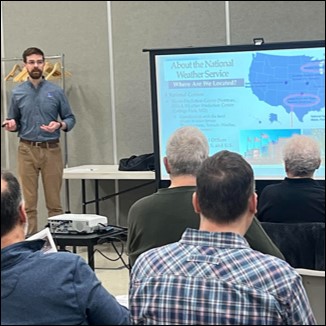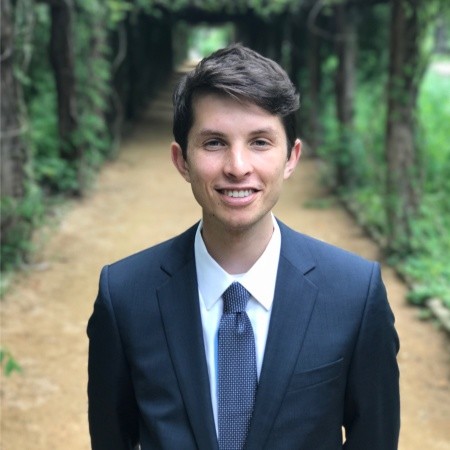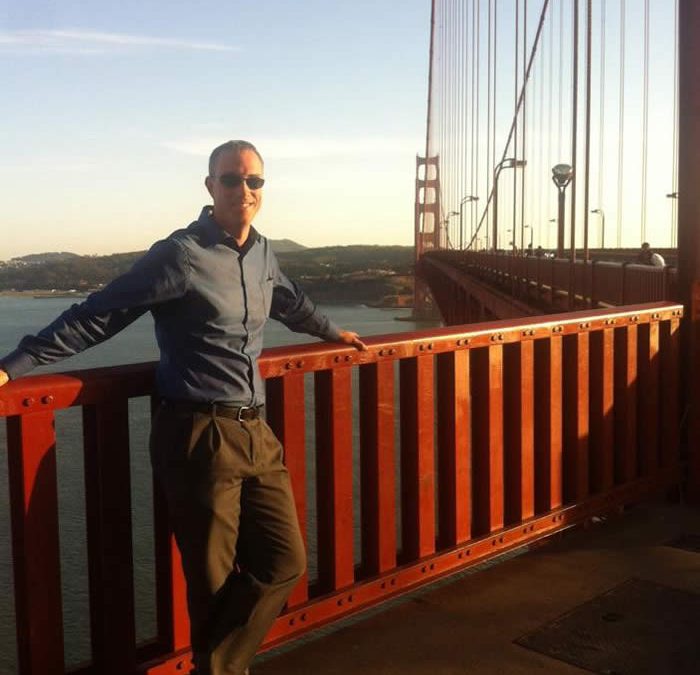
Throughout his career as a forecaster at the National Weather Service (NWS) Detroit office, Trenton Frey cites public participation as one of the most important factors influencing forecasters’ ability to detect severe weather conditions. Although meteorologists have a wide array of tools available to predict and analyze weather patterns – radar and satellite imagery, weather model data, and ground-based observations from Automated Surface Observing System (ASOS) equipment at airports – there is still a limit to what experts can know without people on the ground sending them ongoing observations.

In the midst of the rapid spread of COVID-19 in 2020 and 2021, Justin Hart saw a way to apply his background in microbiology and water management to a new, global challenge. Hart joined teams that used a new way to monitor the spread of COVID-19 and other infectious diseases in major cities: wastewater surveillance.

Jarrod Dalton proves that where you start in your career is not necessarily where you will end up. Dr. Dalton worked as a Summer Fellow in 2003 at CIGLR, then “CILER,” working to understand how best to measure sea surface temperatures. In his own words, – “scratching my atmospheric/bathymetric sciences itch even though that wasn’t specifically the career path I ended up choosing.” However, his career still carries common threads with his work as a CIGLR summer fellow.



